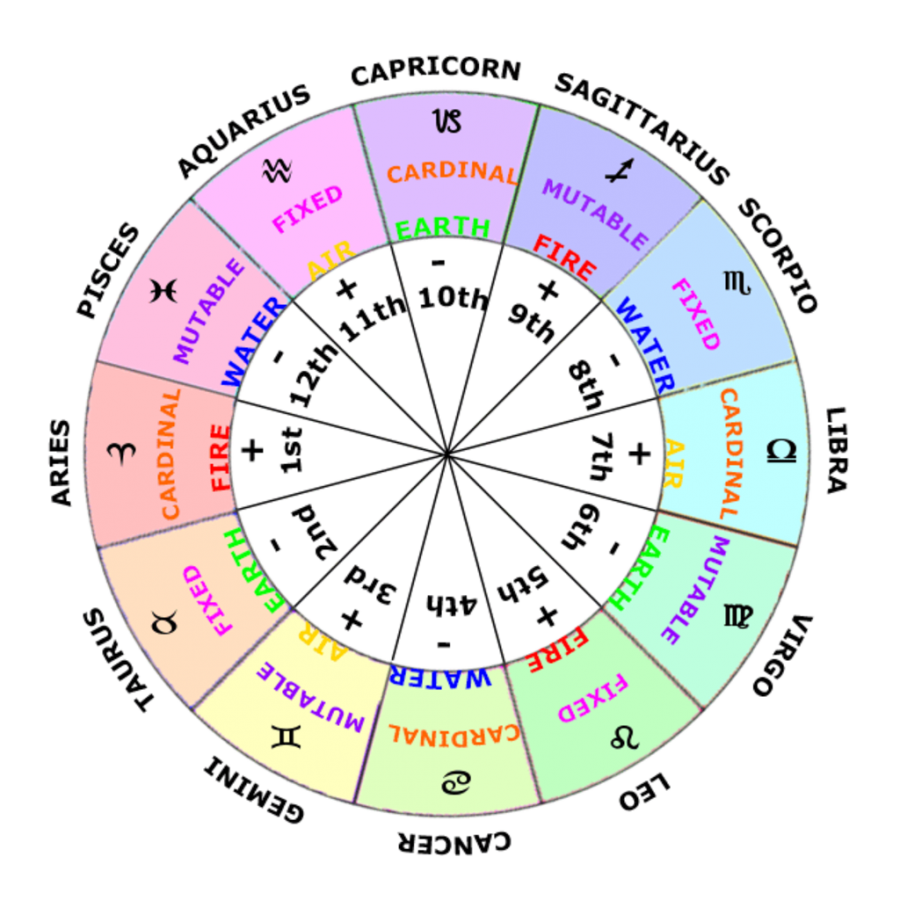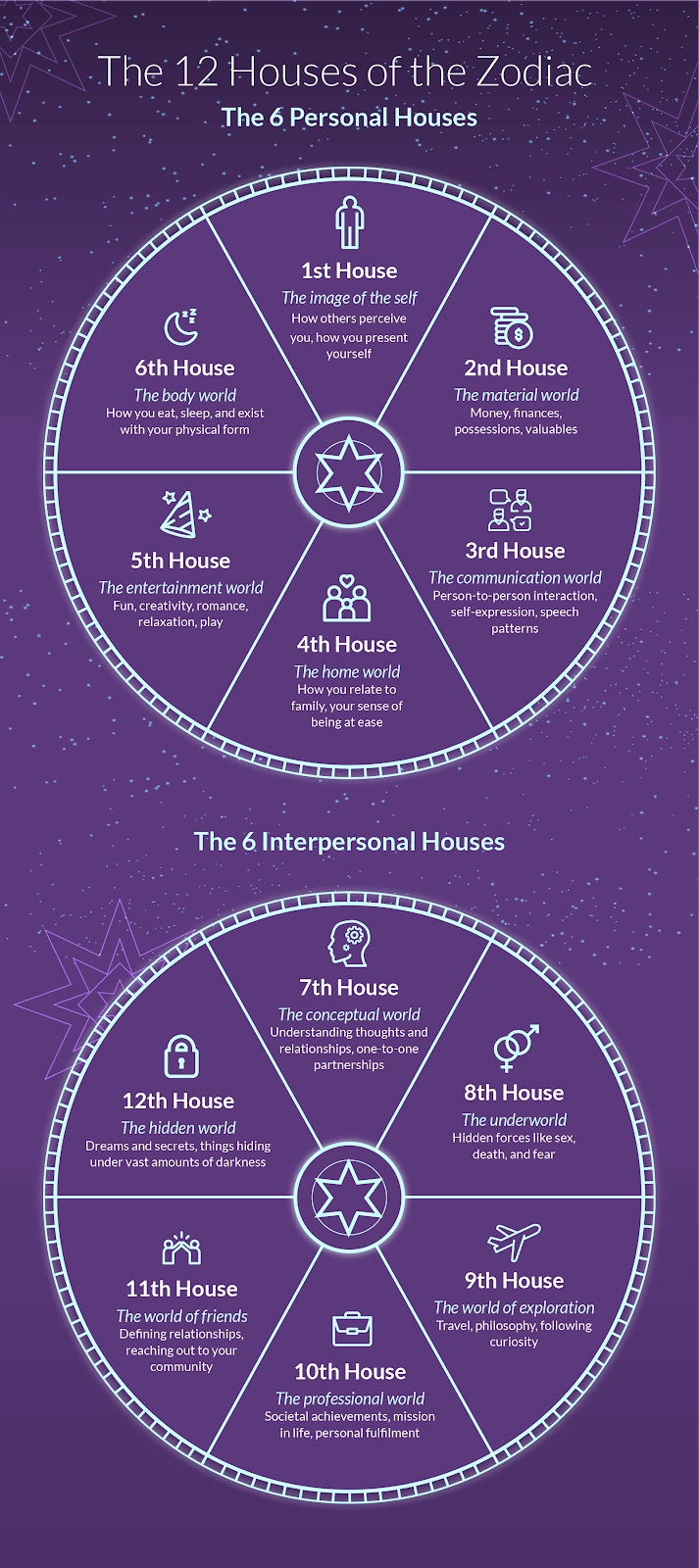Astrology, a subject that has fascinated humanity for centuries, holds the key to unlocking hidden insights about ourselves and the world around us. Have you ever wondered why certain personality traits seem to be more prevalent in certain zodiac signs? Or why you feel more in tune with the world during certain seasons? This article aims to shed light on the basics of astrology, helping you gain a deeper understanding of this ancient practice and how it can provide guidance and self-discovery. So, whether you’re a skeptic or a believer, let’s embark on a journey to unravel the mysteries of astrology together.
What is astrology?
Definition of astrology
Astrology is the study of the movements and positions of celestial bodies, such as the stars, planets, and moons, and their influence on human behavior and events. It is based on the belief that the positions of these celestial bodies at the time of a person’s birth can provide insight into their character traits, relationships, and even their future. Astrology is often used as a tool for self-reflection, personal growth, and understanding the interconnectedness of the universe.
Historical background
The origins of astrology can be traced back to ancient civilizations, where people looked to the skies in search of guidance and understanding. The practice of astrology has a rich history that spans thousands of years and has been shaped by various cultures and societies. It has its roots in Mesopotamia, where ancient astrologers observed the movements of the stars and planets to predict events and gather knowledge about the world around them. Over time, astrology spread to ancient Greece, where it was further developed and influenced by the teachings of renowned philosophers such as Plato and Aristotle.
Elements of astrology
Astrology combines several key elements, including the zodiac signs, planetary movements, the celestial coordinate system, and astrological houses. The zodiac signs, often referred to as sun signs, are a major component of astrology. They are based on the position of the sun at the time of a person’s birth and represent different personality traits and characteristics. Planetary movements, on the other hand, refer to the changing positions of the planets in relation to the earth and are believed to impact various aspects of one’s life. The celestial coordinate system is used to track the positions of celestial bodies, while astrological houses represent different areas of life and influence in a person’s chart.
Different types of astrology
Astrology has evolved and adapted in various ways across different cultures, giving rise to different types of astrology. Western astrology, also known as Western or European astrology, is the most well-known and widely practiced type. It is based on the tropical zodiac, which divides the sky into 12 equal signs based on the changing seasons. Vedic astrology, also known as Hindu astrology or Jyotish, is another prominent type that originated in ancient India. It utilizes the sidereal zodiac and places a strong emphasis on karma and spiritual growth. Chinese astrology, Mayan astrology, and Native American astrology are among the many other types that have developed in different regions around the world, each with their own unique methods and traditions.
Misconceptions about astrology
Despite its popularity, astrology has faced its fair share of misconceptions. One common misconception is that astrology is solely focused on predictions and fortune-telling. While astrology does have predictive elements, its primary purpose is self-reflection and personal growth. Another misconception is that astrology is based solely on superstition and lacks scientific evidence. While astrology may not fit into traditional scientific paradigms, it has been studied and utilized by many cultures throughout history. Finally, astrology is often mistakenly associated with astronomy, the scientific study of celestial objects and their properties. While the two fields are interconnected, astrology focuses more on the interpretation and meaning of celestial events rather than their scientific properties.

This image is property of sbadamsthetower.com.
The Origins of Astrology
Ancient civilizations and astrology
Astrology can be traced back to several ancient civilizations, where it played a significant role in their cultures and beliefs. The Sumerians of Mesopotamia, for example, developed one of the earliest recorded astrological systems around 3000 BCE. They believed that the celestial bodies held divine power and used astrology to communicate with the gods and make predictions about future events. The Egyptians also practiced astrology, connecting it to their religious beliefs and using it for agricultural and societal planning. In ancient China, astrology was deeply rooted in philosophy and played a vital role in governance and decision-making.
Influence of Mesopotamia
Mesopotamia, often referred to as the cradle of civilization, had a profound impact on the development of astrology. The Babylonians, an ancient Mesopotamian civilization, refined and expanded upon the astrological systems of their predecessors. They developed the zodiac signs as we know them today and assigned specific meanings and influences to each sign. The Babylonians also created the first known astrological calendar, dividing the year into 12 parts based on the positions of the moon and planets.
Development in Ancient Greece
Astrology further flourished in Ancient Greece, where it became intertwined with philosophy and science. Greek philosophers like Plato and Aristotle explored the connections between celestial events and human life, emphasizing the belief in a cosmic harmony and interconnectedness. Astrology in Greece became more refined and complex, with the introduction of intricate charts and the belief that an individual’s fate could be influenced by celestial bodies.
Spread and adaptations worldwide
As ancient civilizations traded and interacted with one another, astrology spread across cultures and continents. The Hellenistic period, characterized by the spread of Greek culture, brought astrology to Egypt, Persia, and India. Each culture adapted and integrated astrology into their own belief systems, creating unique astrological traditions and practices. This cultural exchange continued during the Islamic Golden Age, where astrology was studied and developed further by Arab astronomers and scholars. Through the influence of Arab traders, astrology eventually made its way to Europe, where it became an integral part of medieval and Renaissance society.
Contemporary astrology
In modern times, astrology has continued to evolve and adapt to the changing cultural and technological landscape. While it has faced periods of skepticism and criticism, astrology has persisted and even experienced a resurgence in popularity. With the advent of the internet, astrology has become more accessible to the masses, with countless websites, blogs, and social media accounts dedicated to sharing astrological knowledge and insights. Contemporary astrologers continue to push the boundaries of the art, integrating new techniques and perspectives to further deepen our understanding of astrology’s principles and applications.




